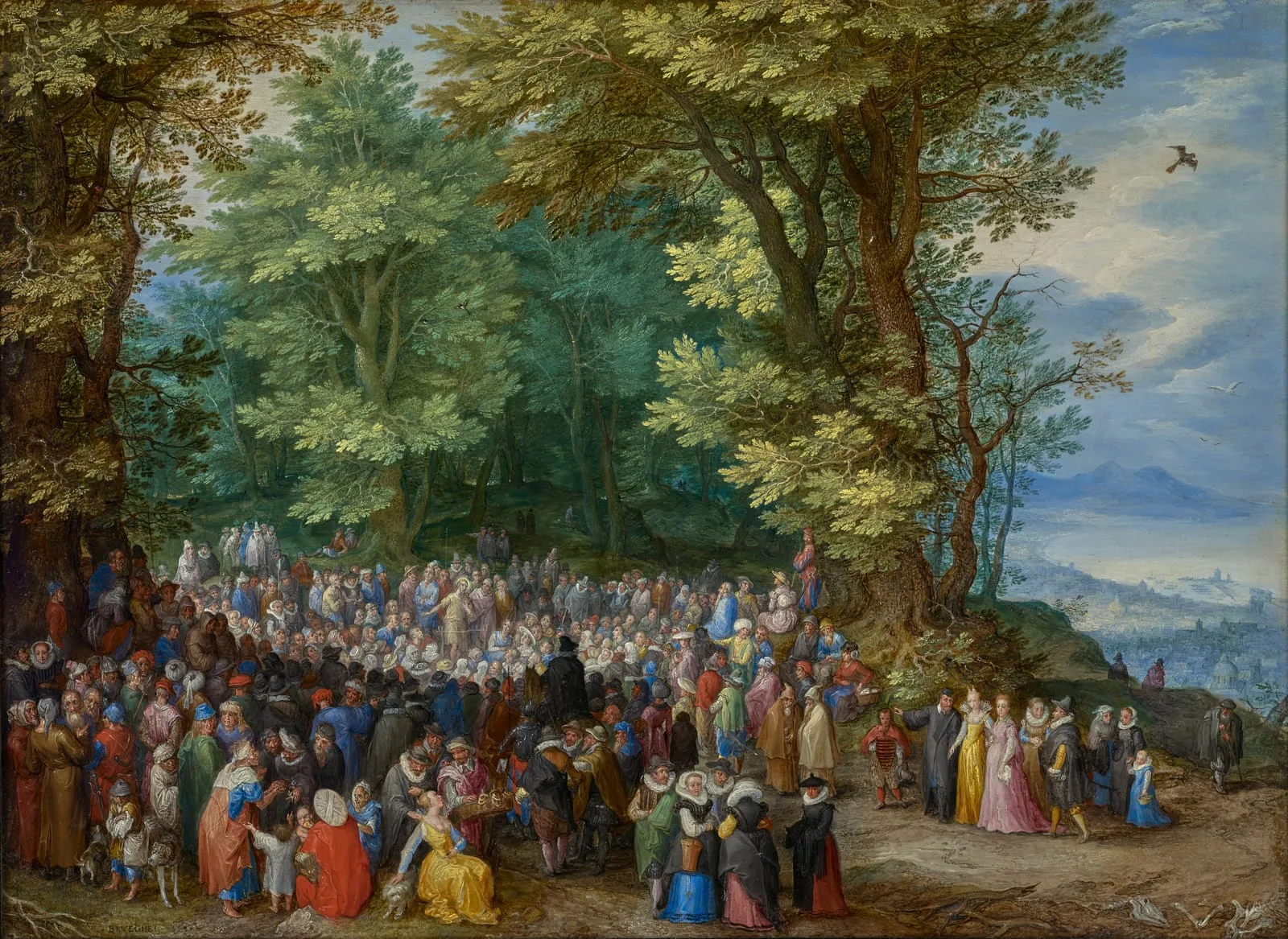Sermon on the Mount (03): The Radical Invitation of Jesus’ Kingdom
The Sermon on the Mount (Matthew 5–7) is not simply a collection of ethical precepts or religious ideals. It is a bold and sweeping call into a way of being—an invitation into the upside-down kingdom of God, where the heart is the arena of true righteousness, and where internal transformation trumps external conformity. In this most profound of sermons, Jesus beckons us not to mere moralism, but to a radically God-centered life. It exposes the inner landscape of our souls and lays bare our deepest need—not for better behavior, but for grace.
A Life Beyond Reach?
We cannot read these chapters without being struck by the apparent impossibility of the standard Jesus sets. He tells us to rejoice in persecution, to turn the other cheek, to love our enemies, and to give without recognition. He speaks of a righteousness that exceeds even the scrupulous legalism of the Pharisees (Matthew 5:20). Many readers—then and now—wonder: Is this livable? Or has Jesus merely painted a beautiful but unreachable ideal?
This tension is not new. Throughout history, commentators have tried to soften the edge of Jesus’ words. Some have claimed the sermon was meant only for an “interim” period before Christ’s return. Others interpret it as a lofty but symbolic ethic, not to be taken literally. But these strategies deflate the sermon’s power. Jesus is not offering suggestions; He is announcing the ethic of the kingdom of heaven—a way of life impossible in our own strength but inevitable for those who walk in step with the Spirit.
The Beatitudes: The Posture of the Kingdom Heart
The sermon opens with the Beatitudes (Matthew 5:3–12), and here we find a portrait of the blessed life that utterly confounds our natural instincts. We are taught to esteem the poor in spirit, the mournful, the meek, and the persecuted—not the assertive or self-sufficient. These are not virtues that earn our place in the kingdom; rather, they are the evidences of those who have already entered it. They describe the soul awakened to its need, emptied of self-righteousness, and drawn to the righteousness of Christ.
To mourn over sin, to hunger and thirst for righteousness, to extend mercy, and to seek purity—these are not checklists for spiritual achievement but marks of a heart God has touched.
A Righteousness of the Heart
Jesus then turns to the Law (Matthew 5:17–48), making it unmistakably clear that He did not come to abolish it, but to fulfill it. Yet His fulfillment does not relax the Law—it deepens it. He moves from the external to the internal, from behavior to desire. Anger becomes the root of murder; lust becomes the seed of adultery. Jesus’ words here are invasive. They do not merely guide conduct; they expose the soul.
The command to love not only one’s neighbor but one’s enemy (Matthew 5:43–48) stands as perhaps the most revolutionary of Jesus’ teachings. This love is not sentimental; it is sacrificial and unearned, echoing the grace of our heavenly Father. Jesus closes this section with the staggering command, “Be perfect, as your heavenly Father is perfect.” This, again, is not moral perfectionism, but completeness—a wholeness of heart that reflects the character of God.
Living for an Audience of One
Chapter 6 shifts the focus to acts of piety: giving, praying, fasting. The pattern is clear: Do not perform righteousness to be seen by others. The issue is not the act itself, but the motivation. God sees in secret, and it is His approval alone that matters. The Lord’s Prayer (Matthew 6:9–13) is given not as a script but a framework, teaching us to align our lives with God’s kingdom and provision.
Jesus then addresses our obsession with material security. “Do not store up for yourselves treasures on earth… but treasures in heaven” (6:19–21). The principle is simple: What we treasure reveals where our heart truly is. And when Jesus says, “Do not worry about your life,” He is not trivializing our needs but inviting us into a deeper trust. Seek first the kingdom of God, He tells us, and all these things will be added (6:33). Our Father knows what we need.
Judging, Asking, and the Narrow Way
Chapter 7 brings a pastoral warning: Do not judge others hypocritically. Jesus is not forbidding discernment, but hypocrisy. How often do we focus on the speck in our brother’s eye while ignoring the log in our own?
In verses 7–11, Jesus reassures us of God’s generosity: “Ask… seek… knock.” The Father delights in giving good gifts. And yet the path to life remains narrow (7:13–14). Not because God is exclusive, but because the road of self-denial and obedience is hard—and few are willing to walk it.
Jesus warns of false prophets and self-deceived disciples, even those who perform miracles in His name. The sobering truth is that outward religiosity may mask inward rebellion. The true disciple is known not by dramatic acts, but by humble obedience to the will of God.
A House on the Rock
The sermon closes with a vivid image: two builders, two houses, two outcomes (Matthew 7:24–27). One house stands because it is built on the rock—the words of Jesus obeyed. The other collapses, built on the shifting sands of human wisdom. The difference is not hearing Jesus’ words, but acting on them.
This conclusion is not merely about practical wisdom—it is a matter of eternal consequence. The storm will come, and only those anchored in the truth of Christ will endure.
What Do We Do With This?
The Sermon on the Mount cannot be reduced to mere ethics or idealism. It is the description of a Spirit-enabled life that flows from the inside out. It reveals the futility of self-righteousness and the necessity of grace. It is meant to humble us, drive us to our knees, and lift our eyes to the One who fulfilled this sermon perfectly.
Can we live it? Not in our own strength. But that is precisely the point. The sermon drives us to the cross. It unveils a kingdom not of this world, and a King who not only speaks truth but embodies it.
Jesus’ teaching is not impractical—it is revolutionary. It is the call to a life of wholeness, of authenticity, of holy dependence. It invites us to trade applause for approval, anxiety for trust, and self-rule for God’s reign.
And in so doing, we find not burden, but freedom—not perfectionism, but transformation. The Sermon on the Mount is the map to a life well-lived, rooted in eternity and marked by love, purity, mercy, and peace.
This is the life to which we are called. And by God’s grace, it is the life we can live.
To explore the Sermon on the Mount more deeply and discover how to thoughtfully answer the questions below, subscribe to Ken Boa Reflections on Substack.
Questions for Reflection
- In what ways does the Sermon on the Mount reveal deeper issues of the heart, beyond just outward behavior?
- What is your response to the idea that the Christian life is not difficult, but impossible without the Spirit?
- Can you identify moments when your own efforts fell short and God’s mercy met you there?
- As you grow in Christ, are you becoming more aware of your own sin and God’s holiness?



